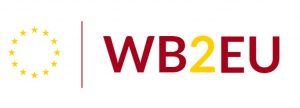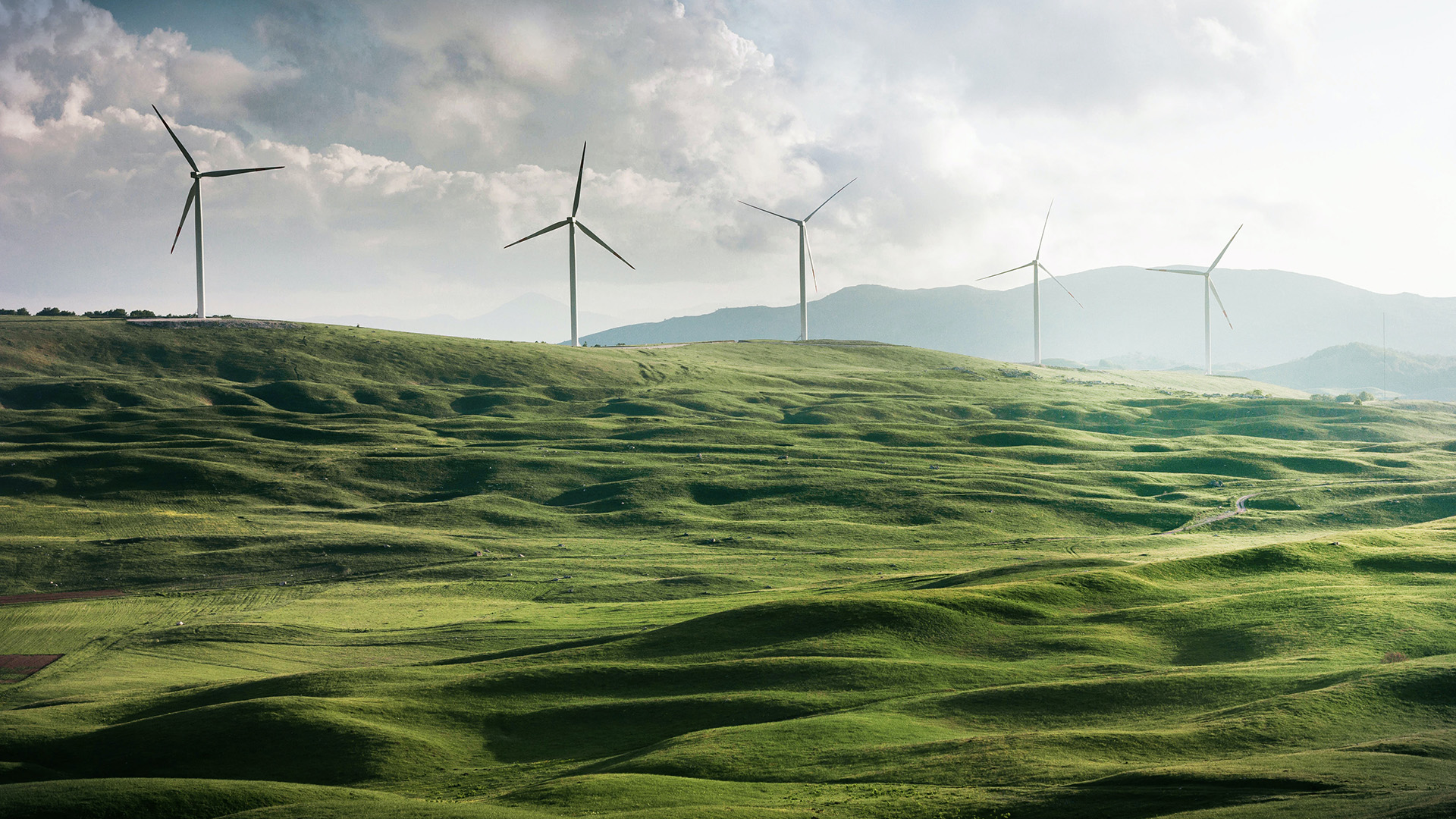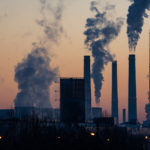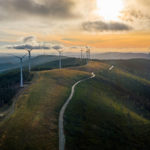Policy Recommendations
- To reach desired objectives, the European Union should more closely involve and consult environmental civil society organisations from the Western Balkans and the local population, on all matters related to the Green Agenda, which includes timely and transparent sharing of information in line with the Aarhus Convention.
- The European Union should extend the Green Agenda Action Plan to delineate clear responsibilities of all relevant actors in the region, set clear time-frames and targets as well as precise rights and responsibilities of civil society organisations in the consultation process.
- It should impose stricter control over governmental action of the Western Balkans to reach the objectives of the Green Agenda and establish a sound monitoring system that will also include the civil society organisations and extend monitoring financing in line with coordinated and participatory bottom-up financing schemes.
Abstract
In October 2021 at the EU–Western Balkans Summit held during Slovenian presidency of the Council of the European Union (EU), the Green Agenda Action Plan was adopted, setting in motion the implementation of the ambitious environmental deal for the Western Balkans (WB). Extending the objectives of the European Green Deal (EGD) to the WB, the Action Plan provides nine billion euros in grant funding for the WB. This initiative is an important step for environmental protection in the region facing serious challenges related to air, water and soil pollution. The Action Plan was delivered by the Regional Cooperation Council after a 10-month drafting process. With the generous funding provided for its implementation, the plan can prompt a renewed momentum of the enlargement process and advance the EU’s credibility in the region. However, improper implementation process can seriously hinder the success of this initiative. Environmental civil society organisations from the WB play a crucial role in safeguarding local communities from harmful practices and weak environmental protection measures. They are actively involved in processes related to environmental justice and offer important know-how and expertise, which proves to be instrumental in crafting a comprehensive and robust Green Agenda for the WB. With much to address, the Green Agenda Action Plan should consider a more serious dedication to the bottom-up approach, with regular consulting from environmental civil society organisations and the public, particularly those most vulnerable from the effects of environmental degradation. The war in Ukraine and consequences of the energy crisis make these matters as relevant as ever, and EU must provide a strong and comprehensive support for the WB states in their journey towards energy transition and sustainable development, while ensuring stability in the region in face of the current crisis.
Download the PDF file from here
The Policy Brief is published in the framework of the WB2EU project. The project aims at the establishment of a network of renowned think-tanks, do-tanks, universities, higher education institutes and policy centres from the Western Balkans, neighbouring countries and EU member states that will be most decisive for the enlargement process and Europeanisation of the region in the upcoming years. The WB2EU project is co-funded by the European Commission under its Erasmus+ Jean Monnet programme.


Photo by Appolinary Kalashnikova on Unsplash




